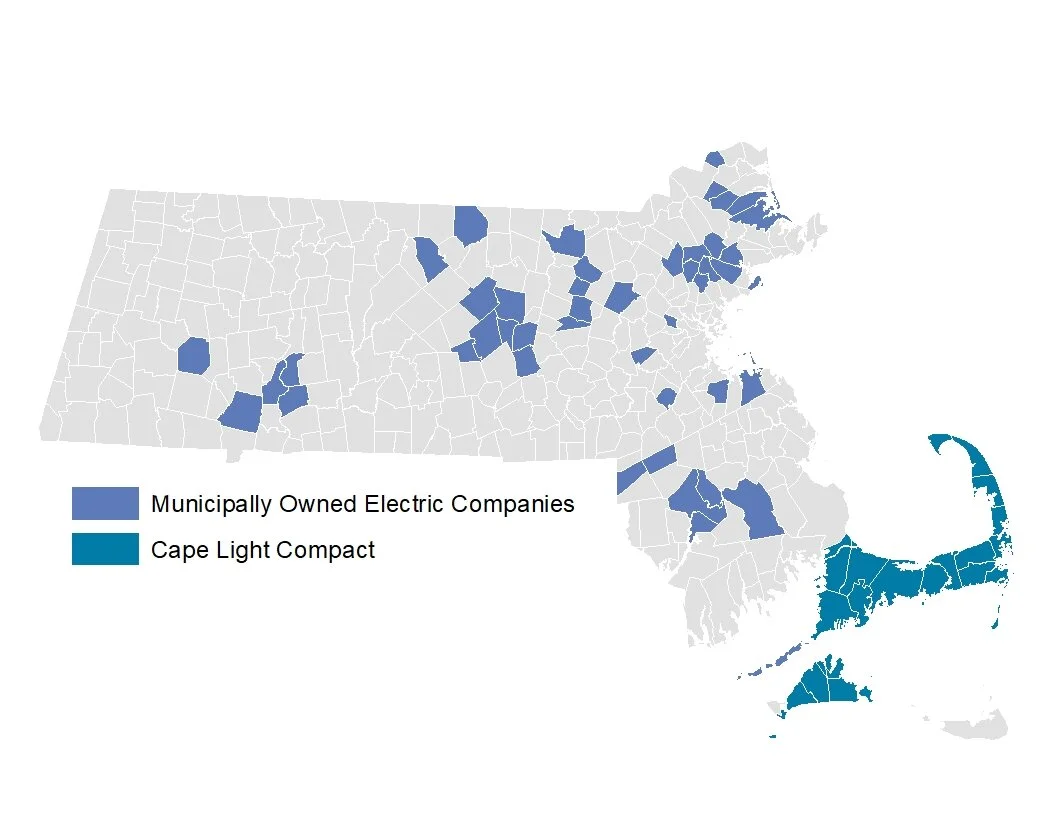Client: Clean Virginia
Author: Bryndis Woods, PhD
August 2023
Senior Researcher Bryndis Woods, PhD filed testimony before the Virginia State Corporation Commission on Virginia Electric and Power Company’s (“Dominion”) 2023 Integrated Resource Plan (IRP). Dr. Woods' testimony addresses failures by Dominion in its 2023 IRP to:
Meet the basic obligations of the Virginia Clean Economy Act including energy efficiency requirements, renewable energy requirements and fossil fuel retirement requirements;
Present useful modeling results: the Company fails to identify a preferred plan, a feasible least-cost plan, or present meaningfully distinct modeling results over the planning period;
Conduct a peak load sensitivity analysis that adequately accounts for uncertainties related to Dominion's load forecast, particularly anticipated load from data centers;
Account for federal regulations that impact its coal fleet or consider a reasonable social cost of carbon; or
Address environmental justice impacts of its resource planning decisions or conduct any stakeholder engagement as part of the 2023 IRP development.
As a result of these failures, Dr. Woods concludes that the Commission cannot find Dominion’s 2023 IRP to be reasonable and in the public interest, and provides specific recommendations for the Company’s IRPs moving forward.



















